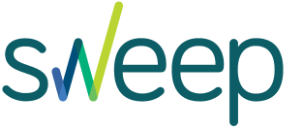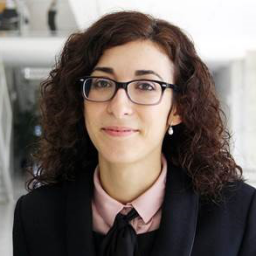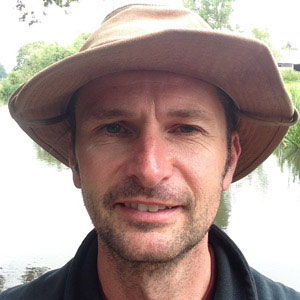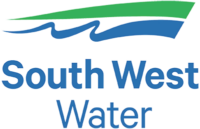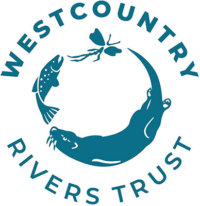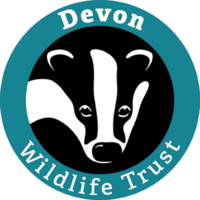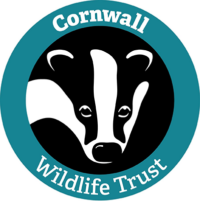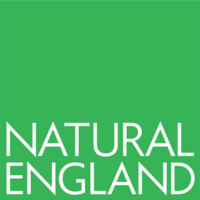Project team
Why it matters
Freshwater quantity and quality are key environmental concerns for the South West. Numerous economic activities rely on good water quality, either directly or indirectly, including the delivery of clean drinking water, fish and shellfish aquaculture, recreational fishing and the use of the region’s fresh and coastal waters as recreation and tourism destinations.
In 2020, the Environment Agency reported that 0% of rivers, lakes and streams in England are in good overall health. It is affected by pollution from agricultural and industrial activities, urban runoff and sewage, and surface water flooding. The build-up of excessive nutrients like phosphorus and nitrogen from animal waste and sewage reduces oxygen in rivers which harms its biodiversity. Plastic and synthetic chemical pollution and climate change further weaken the resilience of freshwater ecosystems.
Following the publication of Defra’s 25 Year Environment Plan in 2018, water companies began considering how they could better account for the environment in their 5-yearly cycle of business planning, both generally through catchment management and specifically via Natural Capital Accounting.
In 2017, at the start of this SWEEP project, South West Water (SWW) had begun designing their five‐year Asset Management Plan (AMP7) and were planning for the related Price Review process (PR19) which, subject to Ofwat approval, would direct the company’s investments from 2020 to 2025.
SWW were keen to invest further in catchment management solutions within their business planning and to be delivered through their innovative Upstream Thinking programme (UST) but, at the time, lacked the key evidence needed to support the investment case.
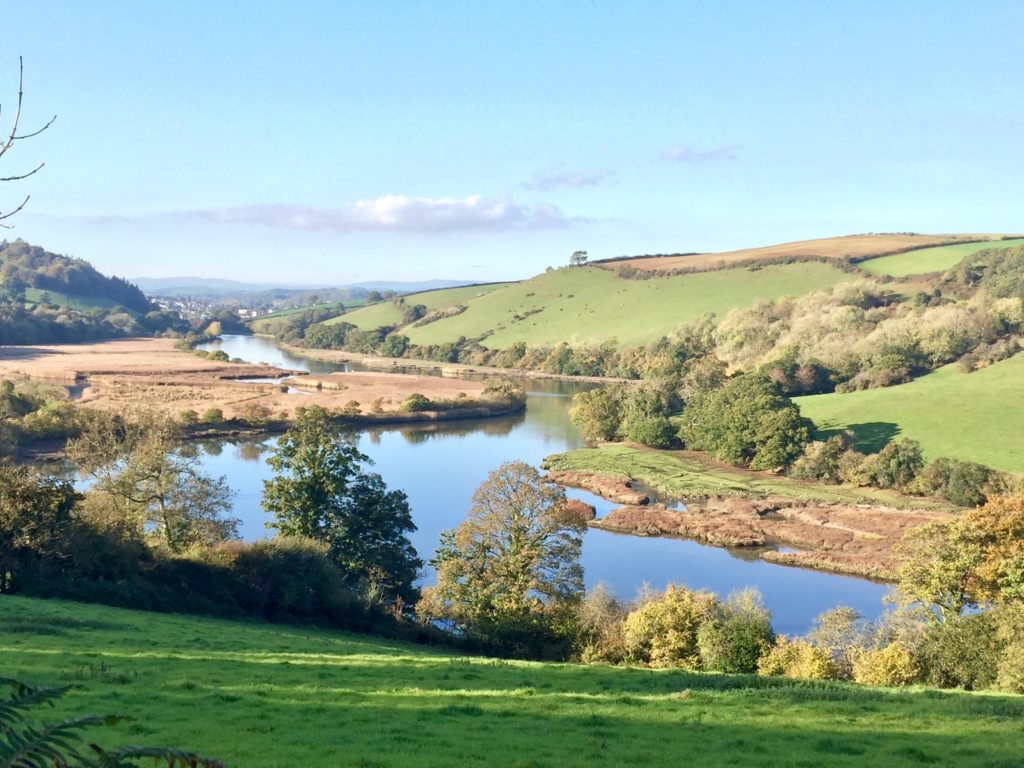
Partners
The SWEEP team helped us look at our data in a new, and really valuable, way. We benefited from their academic perspective and best-available mapping, data analysis and processing skills… and became much better-informed about the natural environment in the South West river catchments.
David Smith, South West Water
What we did
We worked closely with South West Water and its catchment management delivery partners to develop an integrated, spatially‐explicit understanding of catchment scale processes that impact water-based natural capital, economic development and health/wellbeing in the South West. A key objective was to collate and translate existing research and evidence into a coherent argument to Ofwat for investment in catchment management under PR19.
Outputs include:
- 10 Catchment Summary reports, relating to new Drinking Water Catchment Schemes or Investigations, and 11 Business as Usual cases, supporting SWW’s PR19 process.
- A suite of GIS maps and spatial analysis outputs, including: (1) maps of catchment locations, SWW assets, environmental designations such as priority habitats, and analysis of current UST coverage; and (2) mapping and analysis of pollution incidents and biodiversity enhancement opportunities.
- A Natural Capital Accounting Ecosystem Services Valuation Tool, with analysis of planned interventions and their impacts. The simplified natural capital accounting8 exercise included analysis of interventions such as woodland and grassland management, peatland restoration, other soil management practices and changes in agricultural practices.
Impacts & benefits
- Transformed SWW’s understanding and knowledge base – SWEEP-produced information and the Natural Capital Accounting Ecosystem Service Valuation Tool transformed SWW’s understanding of its natural capital assets, business challenges and the investment case for potential catchment solutions.
- Strengthened SWW’s reputation for catchment management and environmental protection – SWW PR19 business plan was ranked 1st by Wildlife and Countryside in their Blueprint for Water (2019)
- Embedded the Natural Capital Approach – Using the SWEEP Natural Capital Accounting Ecosystem Services Valuation Tool, SWW embedded environmental values directly within its PR19 catchment business planning, demonstrating that the expected return on primary investments would be fourfold.
- Helped secure £15M investment in catchment management approach – this new SWEEP-informed approach directly contributed to SWW being awarded £15M by Ofwat to deliver on their catchment management ambitions delivered through interventions aimed at tackling diffuse pollution.
- Value of being awarded Fast Track Status – SWW’s PR19 submission was awarded Fast Track Status by Ofwat for innovation, around its adoption of the Natural Capital Approach. This delivered a £200M cost saving due to SWW being able to make early planning decisions and gaining access to preferential borrowing rates.
- Water treatment cost savings – It is anticipated that SWW and customers will benefit from reduced water treatment costs in the long-run under UST3.
- Strengthened relationship between UoE and SWW – contributing to £21M investment from Research England and £10M from SWW for the new Centre for Resilience in Environment, Water and Waste (CREWW)
- Deepened long-term collaborations with UST Delivery Partners – during the PR19 process and going forwards.
- Jobs safeguarded – approximately 15 FTE jobs in the UST programme were safeguarded during 2020-2025 through the PR19 investment in catchment management.
- Biodiversity and water quality improvements – SWEEP information enabled SWW to make the business case for delivering environmental improvements, even beyond its regulatory requirements, and then set ambitious targets for area of land ‘actively engaged’ for water quality or biodiversity enhancement.
SWEEP work helped secure over £15M of new funding from Ofwat for the 2020-2025 period… It was vital in demonstrating quantitatively the benefits of catchment management to our customers and the environment. This also helped us achieve an ‘exceed expectations’ from Ofwat on our Water Resources Management Plan.
Simon Bird, South West Water
Looking to the future
UoE work continues to support and maintain the UST Portal and DST under the new CREWW centre.
For more details contact Prof. Richard Brazier r.e.brazier@exeter.ac.uk or visit the CREWW website.
